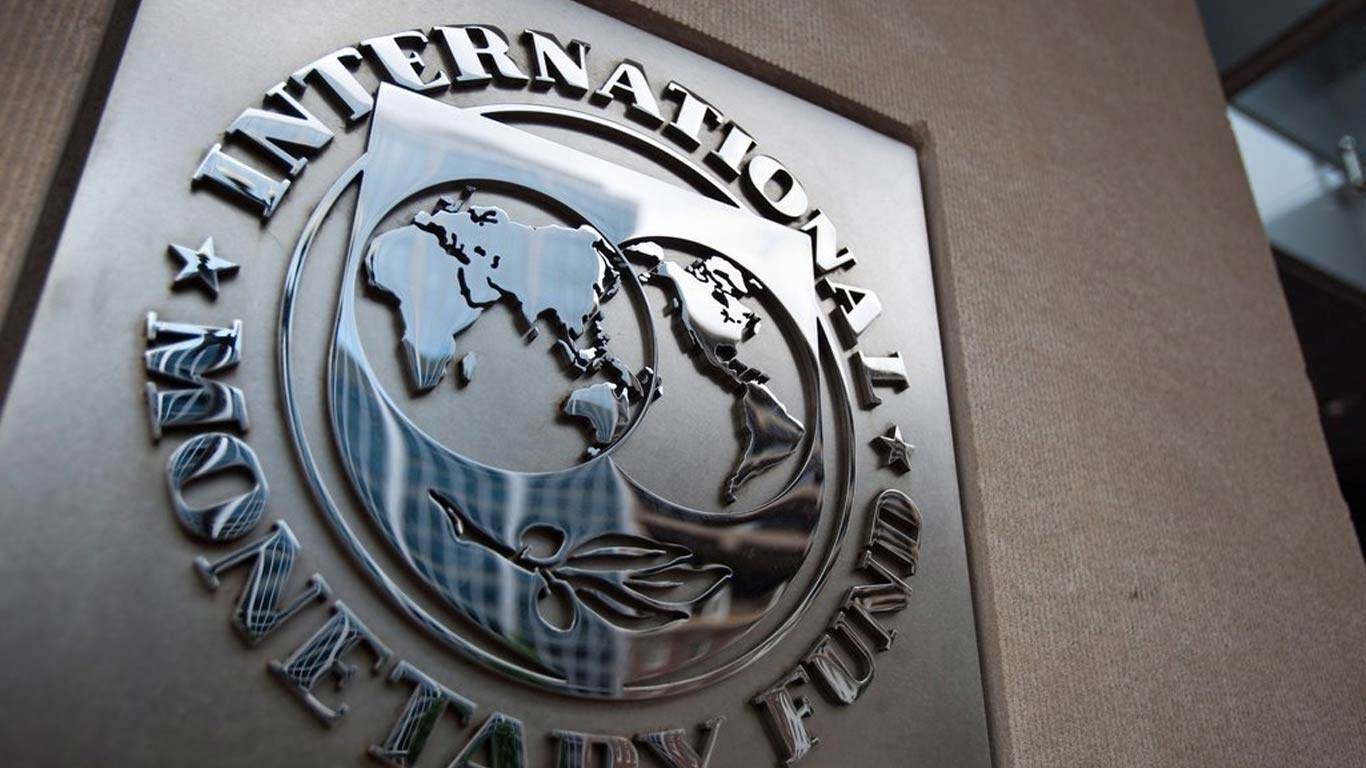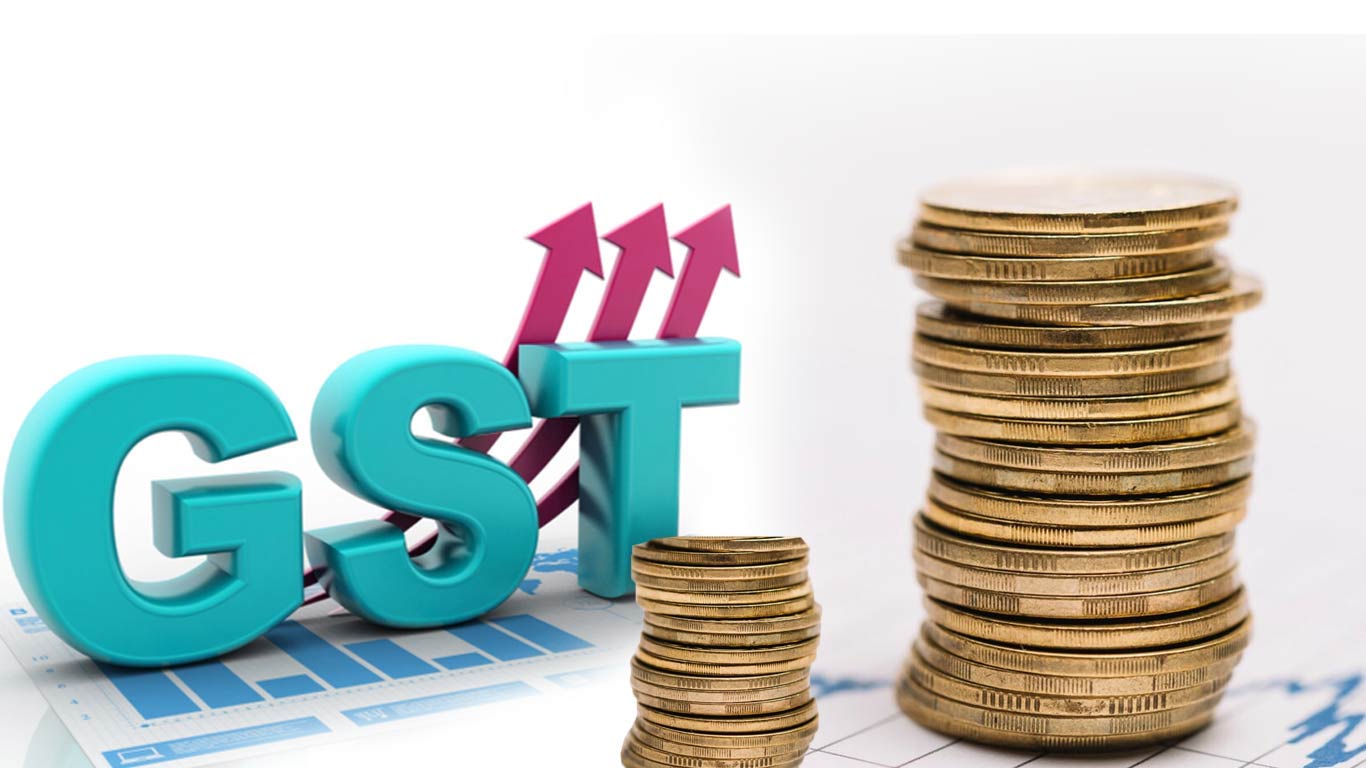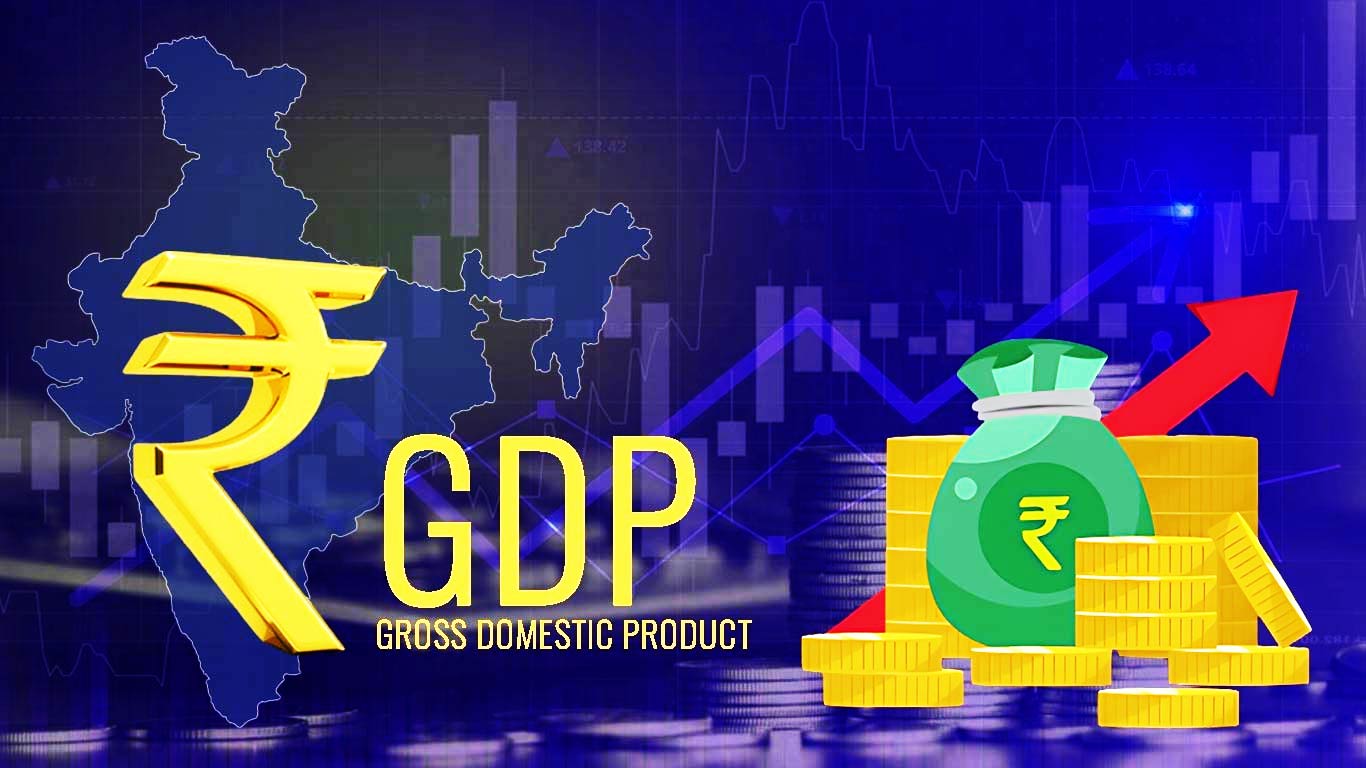DIPP seeks views on FDI in e-commerce
Updated: Jan 08, 2014 04:51:43pm

Starting with the status of the global e-commerce industry, the discussion paper touches upon e-commerce in emerging economies, status of e-commerce in India, existing regulations on e-commerce and concludes with some recommendations.
Major advantages of FDI in the e-commerce sector, according to the paper are that it could provide a boost to infrastructural development, impetus to manufacturing sector, more efficient supply chain management, adopting of best global business practices, increased outreach, traceability and transparency, reduced cost and improved customer service.
As far as the disadvantages are concerned, it works against the spirit of FDI policy in multiband retail trade. The Indian market, it said, is not yet ready for opening up e-retail space to foreign investors. Also, e-commerce players will resort to predatory pricing which could have an adverse impact on domestic industry; and lead to monopolies in e-commerce, manufacturing, logistics and retail sector.
Further, inventory based e-commerce competes directly with MSMEs, thereby causing Indian entrepreneurship and the MSME sector to shrink.
The paper also points out that MNCs may dump their cheaper products in the market causing a negative impact on the Indian manufacturing sector in general and to MSMEs in particular. Considering that small time businesses/ kirana stores remain the largest source of employment in the country, opening of B2C e-commerce on inventory based model is likely to seriously impact these shopkeepers leading to large scale unemployment.
It concludes that e-commerce including online retail in India constitutes a small fraction of total sales, but is set to grow to a substantial amount owing to a lot of factors such as rising disposable incomes, rapid urbanization, increasing adoption and penetration of technology such as the internet and mobiles, rising youth population as well as increasing cost of running offline stores across the country.
As per the WTO report, global B2B transactions comprise 90 per cent of all e-commerce. According to research conducted by USA based International Data Corporation, it is estimated that global B2B commerce, especially among wholesalers and distributors amounted to USD 12.4 trillion at the end of 2012.
Significantly, from the point of view of business, there are two models of e-commerce. The Market Place model works like an exchange for buyers and sellers. It provides a platform for business transactions between buyers and sellers to take place and in return for the services provided, earns commission from sellers of goods/services. Ownership of the inventory in this model vests with the number of enterprises which advertise their products on the website and are ultimate sellers of goods or services. The Market Place, thus, works as a facilitator of e-commerce.
Different from the Market Place model is the Inventory Based model. In this model, ownership of goods and services and market place vests with the same entity. This model does not work as a facilitator of e-commerce, being delineated therefrom, but is engaged in e-commerce directly.
With regard to India in particular, as per Forrester McKinsey report of 2013, India has 137 million internet users with penetration of 11 per cent. Total percentage of online buyers to internet users is 18 per cent. Compared to India, China, Brazil, Sri Lanka and Pakistan have internet population of 538 (40 per cent), 79 (40 per cent), 3.2 (15 per cent) and 29 (15 per cent) millions respectively. Therefore, lower internet density continues to remain a challenge for e-commerce. (KNN)











